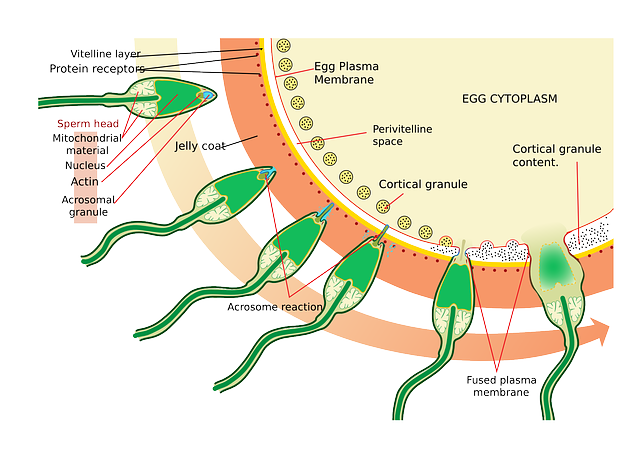In a recent study, researchers have discovered that smoking can damage DNA permanently, even though some of the damage can be seen to fade over time.
However, not all of it fades, and smoking has been found to damage up to one-third of genes that are associated with heart disease and cancer.
How is DNA damaged?
DNA changes occur during a process known as methylation, which is caused directly by smoking. Methylation alters the state of genes, either by changing the way that they function or by inactivating them completely.
These gene changes have been linked to causing cancer and heart disease, which are some of the highest preventable diseases in the United States.
According to the Center for Disease Control and Prevention (CDC), smoking kills more than 480 000 Americans per year and up to 6 million people globally per year. The rates are on the decline, with only 15% of American adults and 11% of high school students still stuck in the habit.
Smoking-related diseases include lung cancer, heart disease, and oral cancer, all of which can lead to premature death.
16000 smokers participated in the study, with diet, lifestyle, and health history being taken into account. Blood samples were taken and analyzed and a range of questionnaires was filled in.
It was found that more than 7000, or one-third, of human genes were damaged through the process of methylation and that the damage could last more than 30 years or, in some cases, it could last forever.
Dr. Stephanie London of the National Institute of Environmental Sciences, who directed the study, said: “These results are important because methylation, as one of the mechanisms of the regulation of gene expression, affects what genes are turned on, which has implications for the development of smoking-related diseases. Equally important is our finding that even after someone stops smoking, we will see the effects of smoking on their DNA.”
Roby Joehanes of Harvard Medical School said: “Our study has found compelling evidence that smoking has a long-lasting impact on our molecular machinery, an impact that can last more than 30 years.”
Can the damage be reduced?
“The encouraging news is that once you stop smoking, the majority of DNA methylation signals return to never-smoker levels after five years, which means that your body is trying to heal itself of the harmful impacts of tobacco smoking,” said Joehanes. 
The team of researchers published a report in the American Heart Association’s journal, known as “Circulation: Cardiovascular Genetics”, which said that quitters could see many of the gene changes revert back to normal after about five years.
There were only 19 genes that were found to last in excess of 30 years, one of which is linked to the lymphatic system.
Quitting smoking significantly reduces the risk of developing related diseases, and while it may not wipe the slate clean completely, it offers individuals the best chance of getting back into a state of health.
“Even decades after cessation, cigarette smoking confers long-term risk of diseases, including some cancers, chronic obstructive pulmonary disease, and stroke,” London said.
Sources:
https://circgenetics.ahajournals.org/
https://www.ncbi.nlm.nih.gov/pubmed/1309685







